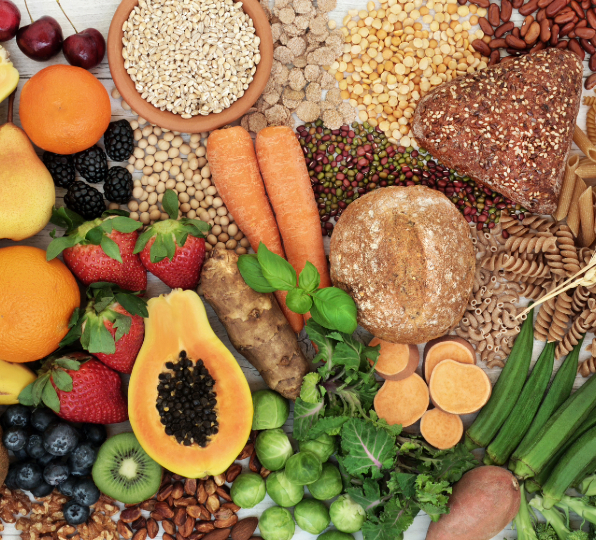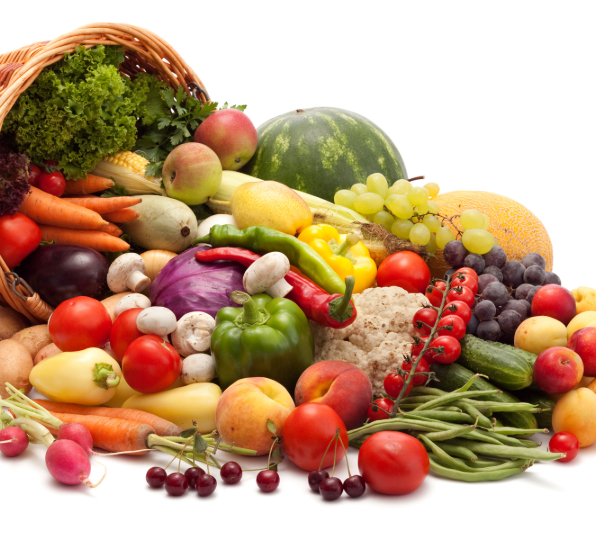Introduction:
Research on the complex interaction between the brain and gut is an exciting and developing field. The relationship between the two is important for mental and general well-being in addition to its impact on digestion. We’ll examine the gut-brain relationship in this blog post, looking at how the foods we eat can affect both our digestive systems and our mental health. Discover how making thoughtful food choices can lead to a healthier gut and mind.
1. Understanding the Gut-Brain Axis
Explain the idea of the gut-brain axis, emphasizing the two-way communication that exists between the brain and the gastrointestinal system.
Talk about the effect of gut microbes on mental health and the function of the vagus nerve.
2. Probiotics and Fermented Foods
Examine the advantages of probiotics for preserving a balanced microbiome in the gut.
Talk about the probiotic benefits of fermented foods like kimchi, kefir, sauerkraut, and yogurt.
Give you ideas and pointers on how to include foods high in probiotics in your diet.
3. Prebiotics for Gut Health
Describe how prebiotics aid in the development of good gut bacteria.
Emphasize foods high in prebiotics, like asparagus, bananas, onions, and garlic.
To support the development of a healthy gut environment, share recipes that contain prebiotic ingredients.
4. Omega-3 Fatty Acids for Brain Health
Talk about the role that omega-3 fatty acids play in mental and cognitive health.
Draw attention to foods high in omega-3s, like walnuts, flaxseeds, and fatty fish.
Give recipes for a brain-boosting diet that include foods high in omega-3 fatty acids.
5. Complex Carbohydrates and Serotonin Production
Examine the connection between the synthesis of serotonin, mood regulation, and carbohydrates.
Talk about the advantages of selecting complex carbohydrates such as sweet potatoes, legumes, and whole grains.
Provide complex carbohydrate-focused recipes to promote mood and long-lasting energy.
6. Turmeric and its Anti-Inflammatory Properties
Draw attention to the anti-inflammatory qualities of curcumin, the active ingredient in turmeric.
Talk about the benefits of gut inflammation reduction for mental health.
Discuss how to use turmeric in recipes for its taste and health advantages.
7. Dark Leafy Greens and Nutrient Density
Examine the nutrient density of Swiss chard, kale, and other dark leafy greens.
Talk about the vitamins and minerals that promote gut and brain health found in these greens.
Provide nutrient-dense meal ideas that highlight dark leafy greens.
8. Hydration and Cognitive Function
Talk about the significance of maintaining hydration for general health and mental performance.
Investigate foods high in water content, such as fruits and vegetables.
Give advice on how to stay properly hydrated all day long.


Conclusion:
Supporting mental health can be achieved through gut nutrition and vice versa. You’re supporting a positive effect on your mental health in addition to maintaining a healthy digestive system by including these brain-boosting and gut-friendly foods in your diet. Accept the symbiotic relationship between your brain and gut, and allow the foods you choose to eat to fuel your body and mind alike.












